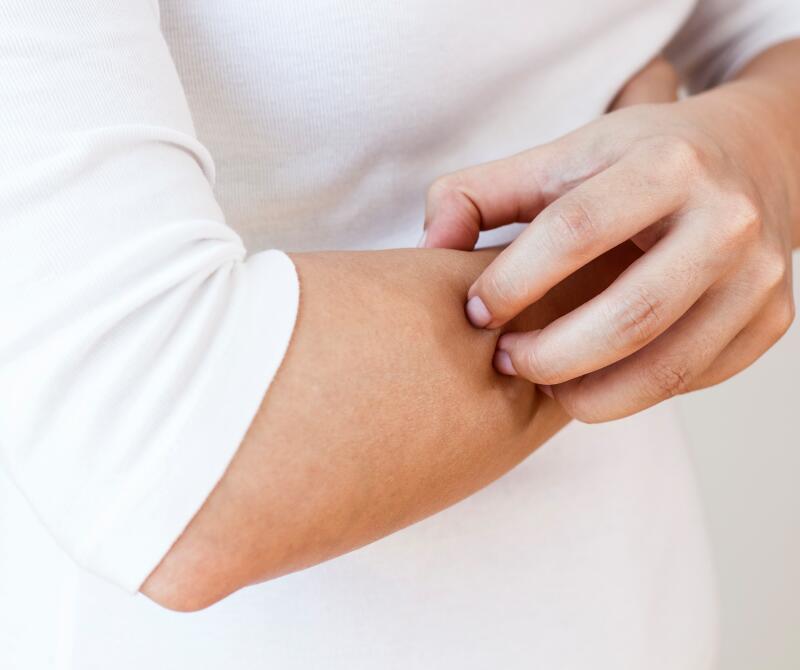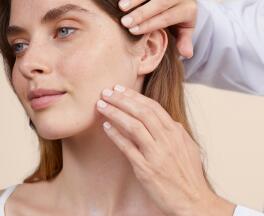Skin and eczema
Eau Thermale Avène answers your questions
When skin overreacts, is itchy, bothersome or hurts, how can it be soothed? How do you find relief? 10 Questions for Dr Ariadna Ortiz-Brugués, dermatologist and Medical Director of the Eau Thermale Avène brand and Joëlle Nonni, head of the skin health education workshops at the Avène Hydrotherapy Center.

Which skin care routine should you adopt?
Identify what it really needs with the help of our experts and discover the most suitable skin care routine for you.




